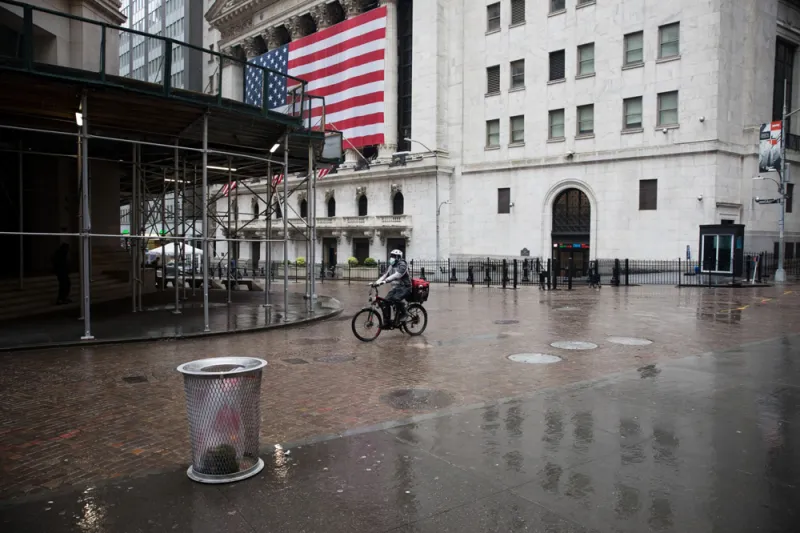Before the onslaught of Covid-19, when markets were flush, lenders were giving up on asking for protections in their loan packages. Now there are signs it’s getting even worse, according to PitchBook’s third-quarter report on the private equity markets.
Some recent deals contain unusual covenants, or terms, that allow loans to be transferred to a new buyer if a company is sold, raising the prospect that the lender won’t be repaid, the research firm found. That’s not normal during a recession.
“While this provision often makes the company more attractive to a prospective buyer, it achieves this by stripping away rights from the lender,” according to PitchBook. “Whereas many recessions see lenders assert power and implement additional covenants and protections into new issuances, we may be witnessing a shift from the norm with this new covenant-loosening language.”
Lenders’ willingness to drop their demands on borrowers can be blamed in part on the Federal Reserve’s steps to backstop the credit markets in March, and on the central bank’s signals that it will keep interest rates low for many years. In other words, there’s plenty of cash to go around.
[II Deep Dive: Barings’ Jonathan Bock Breaks His Silence. Investors Should Listen.]
Even though deal-making is expected to pick up later this year, lenders have also had fewer transactions to finance, and there’s been little new issuance in the leveraged loan market. According to PitchBook, 3,444 private equity deals valued at $453.2 billion were struck in the U.S. through the third quarter. That’s a 16.2 percent decline in the number of transactions and a 20.6 percent decline in value compared with the same period last year.
All of this has prompted private equity firms to issue loans for dividend recapitalization, a practice that generally proliferates during good economic times, not recessions. In a dividend recap, private equity-owned companies take on debt to issue dividend payments to their sponsors and other shareholders. It’s a controversial practice of piling debt on a company simply to pay owners, not to access cash for growth or to stockpile for an emergency.
Almost 24 percent of capital raised in the U.S. loan market funded dividends year-to-date through the first half of September, according to S&P Global Market Intelligence data cited in the PitchBook report. Over the past two years, less than 4 percent of loans on average were taken on to facilitate dividend recaps. “While the activity is reportedly confined to the higher-quality borrowers, it still speaks to a recovery in parts of the market, while other segments are reeling,” wrote the authors.
PitchBook also expects fundraising to become “feverish” by the end of the year, after a modest start. Much of the activity will be dominated by big firms and technology funds. “The current climate, where LPs are forced to conduct due diligence via teleconference, continues to favor the established managers,” according to the research. But the firm said investors may turn to smaller managers next year, even if the pandemic continues.







